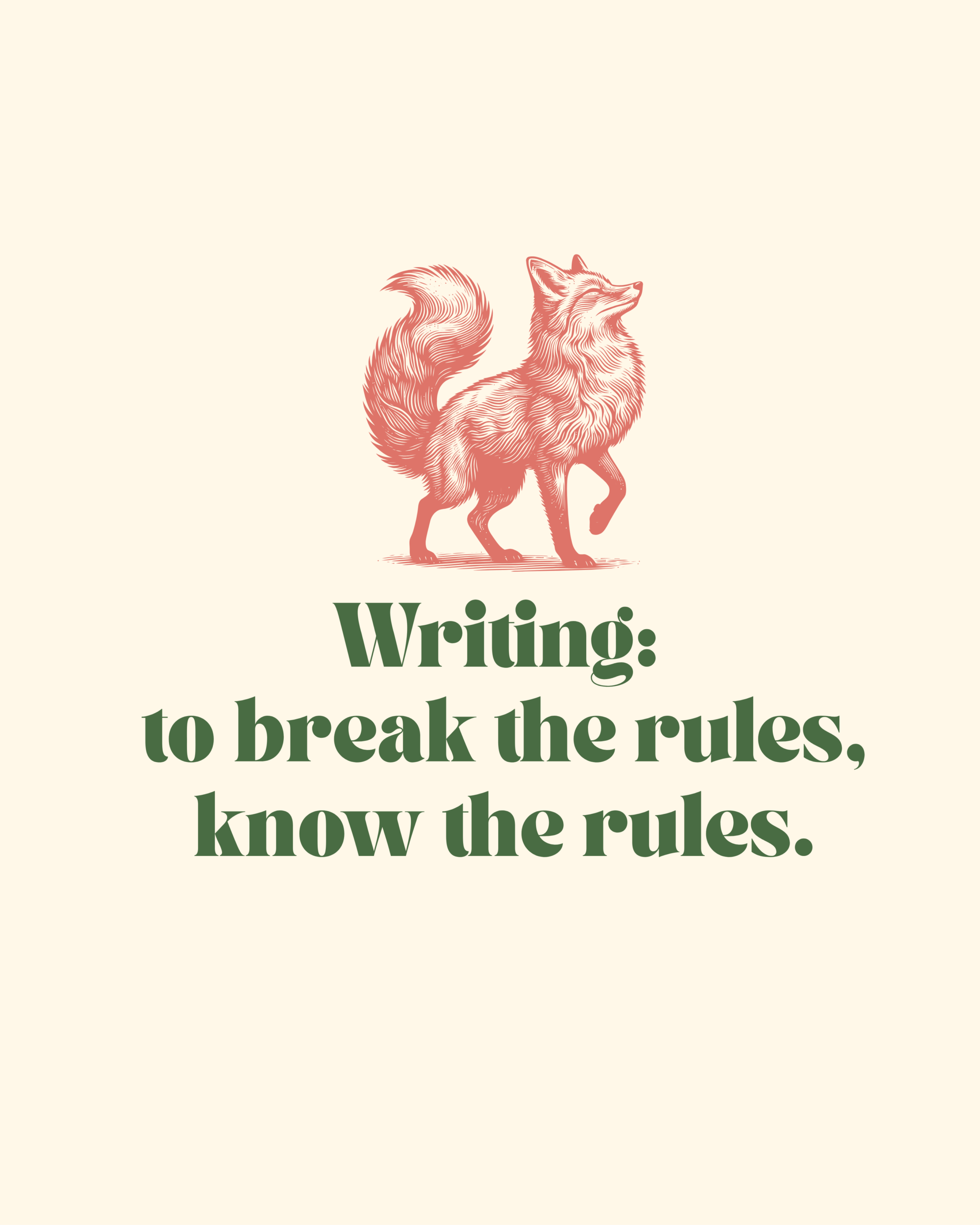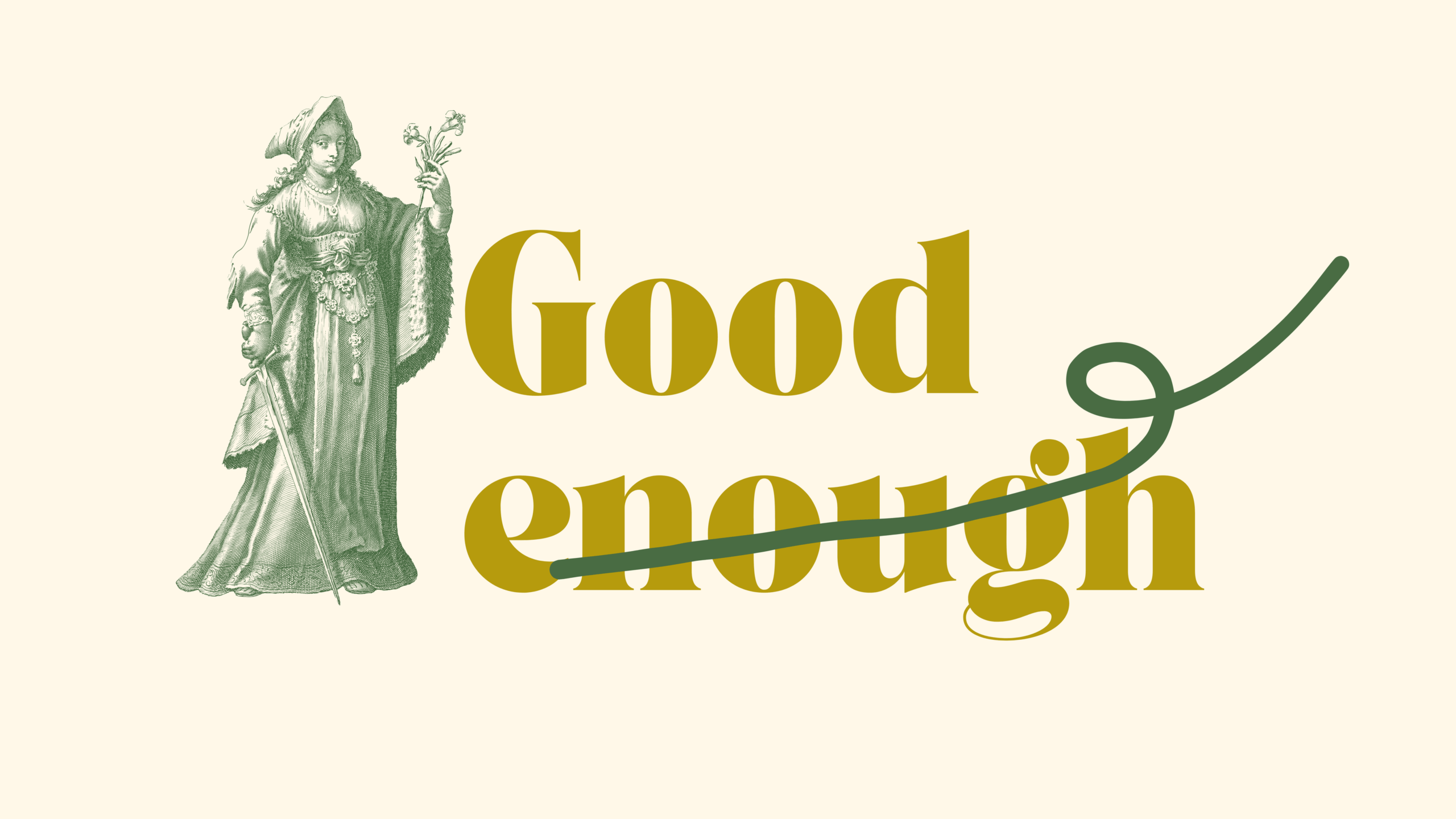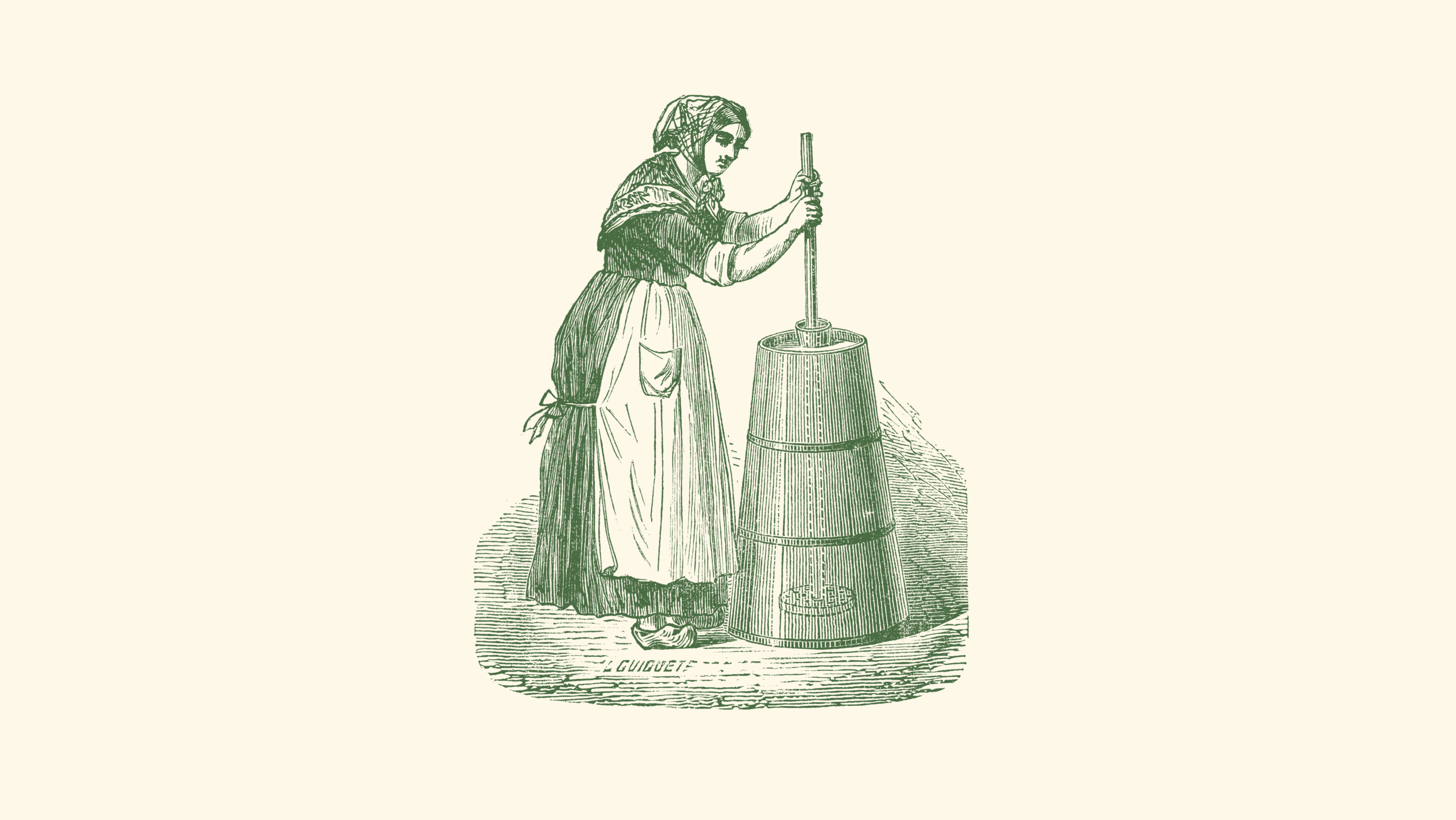Larry McEnerney, Director of the University of Chicago’s Writing Program, led this fairly iconic lecture in 2014 to a group of medical students wanting to learn more about writing better research papers. Read the transcript.
Do you think the more we follow the rules, the less interesting and effective our writing becomes?
Totally agree.
Larry does, too.
Larry McEnerney is not your average old white guy in front of a chalkboard telling us how to think. Larry is a communications hero because he tells us it’s okay to break the rules. You need to know what you’re doing, but this is your permission to do the same.
Here’s why.
“Try standing in front of a room of Oxford professors and telling them you’re here to help them with their writing,” Larry McEnerney, director of the University of Chicago’s Writing Program, said during a lecture to medical graduate students back in 2014.
Accustomed to facilitating leadership labs for doctors and academics, Larry explains how the rules are meant to be broken, and if you’re still writing like you’re trying to pass a test, well, then you’re doing it all wrong.
Excellent. Larry, you’re a legend!
So how should writers be writing?
“Think about your readers, not the rules,” he said.
Agreed.
Here’s why my new BFF Larry and I believe this:
Write for readers, not rules. Most writing instruction centers on teachers, not professional readers who can skip or stop reading if content isn’t compelling. Larry suggests we focus our energy on giving readers immediate value, like this blog (a shining example).
Expert writers often think through writing, using it as a tool to develop and clarify ideas, but their writing style must align with how readers read, or they risk losing them to confusion or disengagement.
To be totally truthful, if you’re writing towards all the rules all the time, then you have no energy to write for your readers. Congratulations, you just marketed to yourself.
In other ways, it gets even better when we abandon the rules that no longer serve us. For example, people like to point out when I misspell a word or don’t use “proper” grammar, and it might surprise them to know that my grammar, while important to me, isn’t the most important part of my writing. In fact, it’s pretty low on the list because I’ve learned that traditional grammar rules do not always provide the reader-centered clarity and value I’m looking for. Just like Larry says.
Making the writing appeal to the audience is the only rule I never break. This requires anticipating readers’ doubts and challenging them constructively, not just summarizing information. Think about this next time you plop an idea into AI and do not take the time to refine the work it offers you.
The gist?
Larry and I agree on a lot, and his lecture validated my belief that if we could all get back to the basics and support one another in writing and editing, maybe it wouldn’t be so painful for everyone.
Know your audience: What issues are they facing? What do they care about?
Lead with value: Answer their main question in the intro before diving deeper.
Be strategic with structure: Entertain > Inspire > Educate > Act.
Find the right words: Use familiar language (even if it feels clunky or cheesy) to connect and persuade with your people.
Refine: Every sentence must serve reader needs, not just your own narrative, so be sure you have a good editor to help you weed out anything that doesn’t serve your readers.
Most importantly, absolutely honor your own knowledge and the wisdom you bring to the table. If a rule inhibits your ability to communicate effectively, maybe ditch the rule, not the message.
Finally, remember that you are an expert in your field, likely working at the highest level of your industry and organization. Writing well is very hard labor and it’s your responsibility to make your content valuable now and over time.
The better writing you offer, the more that knowledge and wisdom will shine through and create love and loyalty wherever you may roam.
ABOUTLonna Whiting is Garden’s founder and editor-in-chief. She has more than two decades of experience in content marketing, journalism, fundraising communications, and public relations. #ENDALZ
GET IN TOUCHlonna@gardencommunications.com




